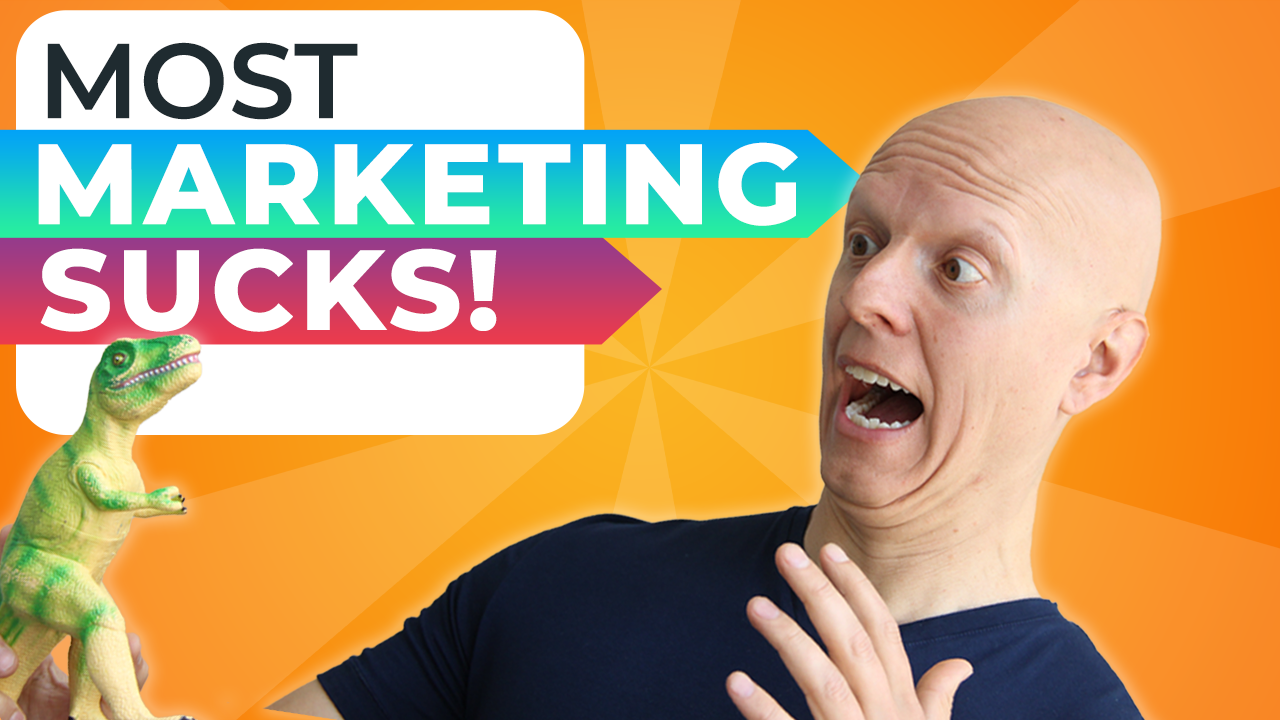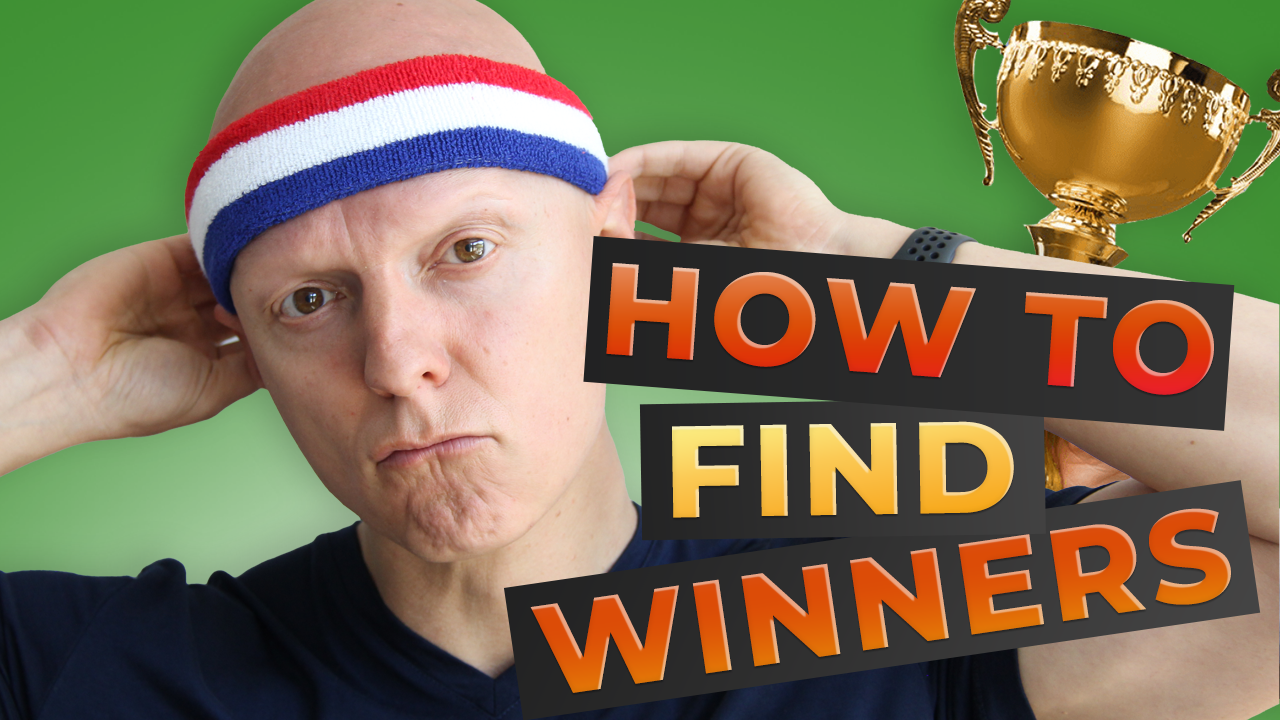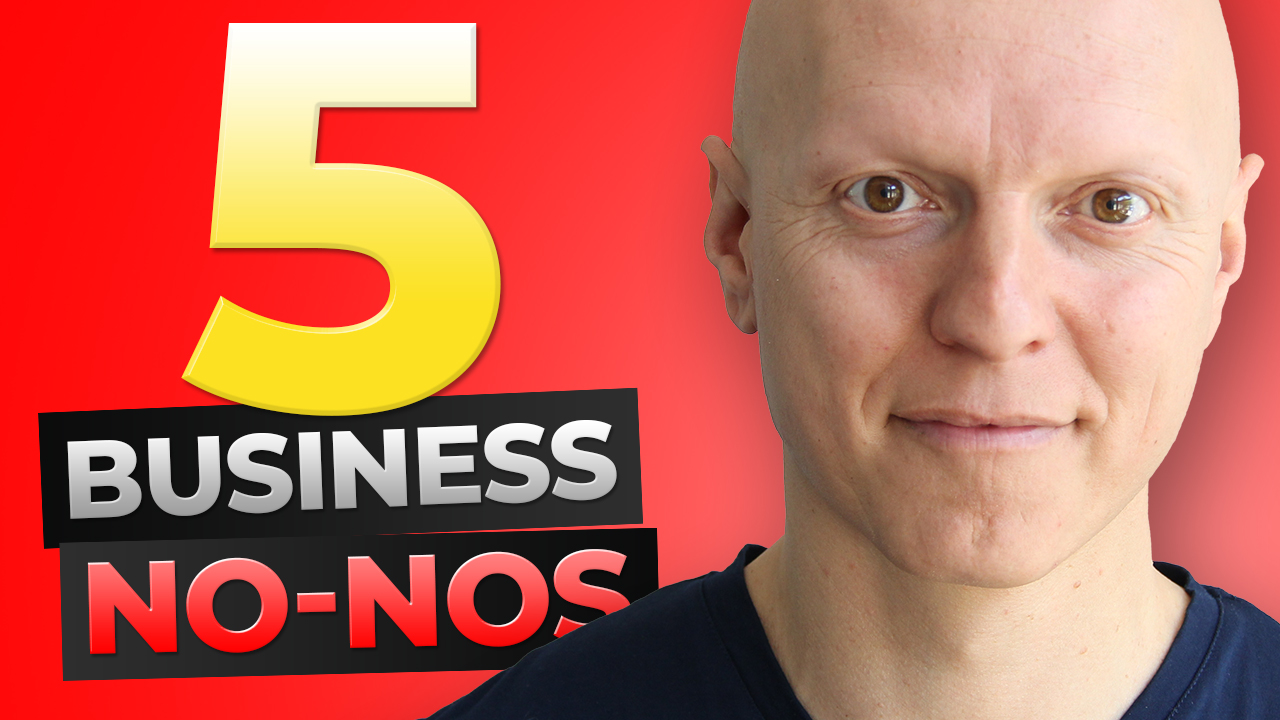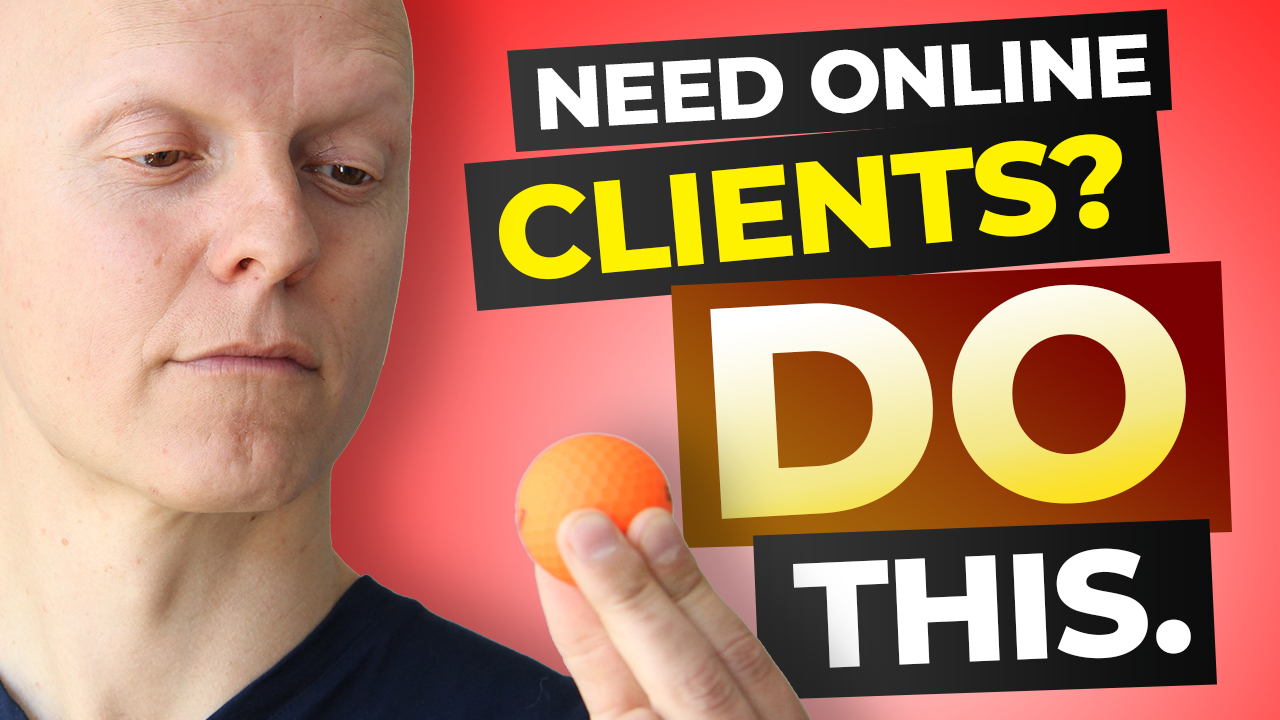Secrets of Business Longevity with Frank Lipman
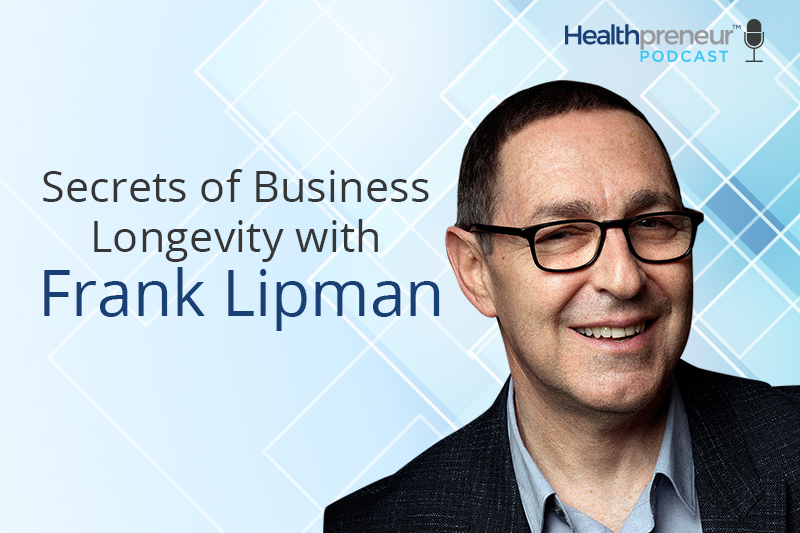
Welcome to the Healthpreneur Podcast! You know, it’s great to hear from new up-and-coming Healthpreneurs in our space, but nothing will replace hearing the wisdom that comes from years of learning through experience. Today, we’ve got a real OG on the show: Frank Lipman. He’s been a pioneer in both integrative and functional medicine for some time, and he’s showing no signs of slowing down.
Frank is an international speaker, has been featured in top health magazines and shows, is a New York Times bestselling author, and founded Eleven Eleven Wellness Center in New York City.
Be Well, his lifestyle brand, offers premium supplements, cleanse programs, and personalized health coaching. Despite his impressive accolades, Frank describes himself as a terrible businessman.
How can this be? Tune in to find out how Frank scaled his businesses and continues to succeed with the help of a team, backup from his family, and a foundation that is rooted firmly in a true relationship with him self. Frank gives golden wisdom-nuggets about meditation, authenticity, and investing, and lets us in on the advice he gives his own 30-year old daughter.
In this episode Frank and I discuss:
- Who helped him get into the online world.
- The advice he gives his own daughter.
- Authenticity, meaning, being present, and being true to yourself.
- What meditation means to him.
- The need for a team and the best things to invest in.
3:00 – 6:30 – Frank’s business model and why he’s “a terrible businessman”
6:30 – 12:00 – How he got started in the online world and how he remained true to himself
12:00 – 19:00 – Meditation and how it changed his relationship with clients, family, and self
19:00 – 25:00 – Frank’s book recommendations and thoughts on investing in growth
25:00 – 31:00 – The Rapid Five
Transcription
Oh, yeah, baby! I am pumped for today’s interview. Today I’m excited because, for the first time, I’m going to connect with one of the pioneers in our space.
His name is Dr. Frank Lipman. You may have heard of him. If you haven’t, shame on you, because he’s been around for a while. He’s done some pretty big things. I’ll just give you a little rundown of who he is just in case you’re wondering.
He is a pioneer in both integrative and functional medicine. He’s the founder and director of Eleven Eleven Wellness Center in New York City, a New York Times best-selling author, and the creator of Be Well, which is a lifestyle brand that offers premium supplements, cleanse programs, and personalized health coaching to help people achieve genuine and sustainable life changes.
He’s also a leading international speaker in health and wellness, he’s been featured in all the top magazines and profiled in many of them, too, including the New York Times, New York Magazine, and the Oprah Winfrey Magazine, and has appeared on TV shows like The Today Show, Extra, Dr. Oz, and many more.
If you’d like to learn more about what he’s up to you can check out his website bewell.com.
Without any further ado, let’s bring Frank onto the show, tap into his years of wisdom, and look at how he has broken out of the mold of sitting in a clinic all day long to spanning his reach and reaching more people through his ideas, thought leadership, books, and so forth. You’ll get a lot of value out of this one.
Hey, Frank. Welcome to the Healthpreneur Podcast. How are you?
Frank: Great. How are you doing?
Yuri: I’m doing very well, thanks. I’m excited to have you on the show because since back in 2006, I’ve seen you all over the internet as well as in bookstores. You’ve got some great stuff out there. You’re a New York Times best-selling author, and you’ve just been such a prominent figure in the health space for so long. I’m happy to have you on the show, so welcome.
Frank: Thank you. Thanks for having me.
Frank’s business model and why he’s “a terrible businessman”
Yuri: Well, you’re very welcome. It’s good to connect. We gave your bio before we brought you on the show, but can you give our listeners a sense of what your business model looks like? What does the Frank Lipman machine encompass, in terms of how you support your clients and your customers? How do you generate income and what is your focus?
Frank: I’m probably the wrong person to ask about business models, because I’m terrible business man. I’ve just always done what I wanted to do. I’ve been a medical doctor since 1979 where I qualified in South Africa, but in the early days of my training I realized that Western medicine was wonderful for crisis care – breaking bones, acute surgeries and infections – but I noticed early on that it wasn’t particularly good at solving people’s chronic or day-to-day problems.
I started exploring alternatives in the early ’80s, and I knew there was a better way. Maybe I was lucky to grow up in South Africa where there was an apartheid and I knew the system was rotten. Early on I knew the medical system was, maybe not rotten, but not a great system.
From the early days, I explored these alternatives and I knew there was a better way to practice medicine. I kept searching for techniques and modalities that would help my patients. That was always my model. I never thought of it as a business, I just went to discover healers, practitioners, and therapies that I thought would help my patients. That was my journey.
Maybe eight or nine years ago I decided to expand the business and sell supplements online, and that’s how my online business started. It’s always doing what I feel passionate about, what I think can change people’s lives, and getting a message out there that, at that stage, I didn’t think was out there.
Now, wellness is the wild west. It’s all over the show. In the early days when I got into this it was about getting this message and these therapies out there that I know work, because I saw it every day in my practice. It was about getting it to a larger audience. That’s how the business developed.
Yuri: That’s great. You say you’re not a business man, but I want to challenge you on that. You’ve obviously built something special, but there are also a lot of people listening who are in your shoes. They just want to share their content and expertise. They don’t want to figure out how to build the business.
Let’s talk about that. What was the moment in your journey where you got to a fork in the road? How do I find the right people to support me in this? How did all of that start? Who were the first one or two hires to support you to build out your online presence?
How he got started in the online world and how he remained true to himself
Frank: I was just practicing and there was a lovely young guy who came into our office, Dhrumil Purohit, who started the clean program and has moved on since.
Yuri: Oh yeah, Dhru’s awesome.
Frank: Dhru was in the office and he said to start tweeting and writing blogs. He pushed me in that direction because I had just written a book or two by then. You know, I’m an old man. I’m sixty-three and I thought I wasn’t interested. He said to me, “Frank, you’ve got to do this. This is the future. You’ve got all this information. Why don’t you start sharing with a bigger audience?”
I started because Dhru said I should start. It grew organically and my brother-in-law started helping with the products behind the scenes. My wife started helping me. It’s a real family business. Then we brought on a health coach and it developed organically.
Dhrumil was the person who pushed me into getting started on writing for the web.
Yuri: That’s cool. Is he still working with Mark Hyman?
Frank: Yes.
Yuri: That’s awesome.
Frank: Lovely, brilliant, young guy. I love him.
Yuri: Absolutely, great dude.
In your experience, could you boil it down to one trait, factor, or skill that has helped you go from that initial starting point to where you are now? Is there one thing that helped build a great presence and successful business while leveraging the internet?
Frank: It helps that I have a big practice and am well-known in New York. A number a famous people see me. That helps. That what’s most important to me and what I see the younger people appreciate; that I’ve stayed true to who I am. I’m not a bullshit artist, I just say things the way I think they are. I just say it like it is.
I am authentic. I practice what I preach. I’m very honest about everything. Maybe in the old days that didn’t go down so well because people got upset when I said certain things. I think this new generation seems to appreciate that more. So being authentic and being true to yourself, and not compromising too much anyway is a helpful tip. I think that is important – and it makes it easier to live with yourself, anyway.
Yuri: It’s always a nice skill to sleep well at night.
What advice would you give to up and coming Healthpreneurs, medical doctors, and naturopaths who are inundated with comparison syndrome and looking at everyone’s social media feeds, followers, or whatever. What advice do you give to those who want to be more impactful in their respective fields?
The advice he gives his own daughter
Frank: Interesting question, because I’m going through that with my daughter now. I have a thirty-year-old daughter who is a therapist, trained in nutrition, and does social work. She does interesting stuff and she’s building her own practice. I get that question from her.
I just encourage her to keep refining her craft. Keep learning new things. Keep being open, and remain authentic. Don’t do things because it’s the latest fad. Do things that are meaningful to you and your patients; things that you feel good about.
The most important thing I would say as a practitioner, is to learn about yourself. The more you can be present in any relationship, especially with your patients, the better you’re going to be. I would say to learn who you are and be true to yourself. Don’t get caught up in your competitors or how many followers they have. That’s all irrelevant.
Be true to yourself. Know who you are and do things that turn you on.
People get your passion. When people see how passionate you are, that turns them on. To me it’s all about developing yourself. I think meditation is a wonderful skill for people to learn. It’s a wonderful way to learn about yourself apart from learning to relax.
Meditation and how it changed his relationship with clients, family, and self
Yuri: That’s great advice. What have you learned about yourself, good or bad, over the last several years in business or through mediation?
Frank: Meditation’s probably been the most significant thing for me and it’s taken me a long, long time to get it. I mean a long time. Many, many years. I used to dabble with mindfulness. I didn’t start feeling the effects until I started developing a regular practice where it became a habit. I became less reactive and more present with not only my patients, but with my family.
I was just more comfortable with myself. Meditation, if you can make it a habit, has so many beneficial effects that I didn’t even realize it had. I did it to relax and make myself less reactive. The benefits go way beyond that.
I would encourage everyone to take meditation seriously. If you can, make it into a habit. If you can make it into a daily practice, after a month or two you’ll start seeing these subtle changes in yourself, your reaction to people, and the way people react to you. The people you work with and your family will notice it as well.
It’s hard to notice these things for yourself, so it’s great and I’ve been lucky to have a wife who is a great sounding board and is always giving me feedback. You asked the question, “What’s been really helpful,” and I think it’s having a partner who is on the same path, is honest with you, and tells you exactly what’s going on. Also, a daughter who’s blatantly honest as well and tells you when you’re full of shit. That helps.
Sometimes when you’re in my position or people look up to you, you can get a little cocky. But when you have people who bring you down to Earth, it’s very helpful. I think all these things help.
I’ve been surrounded by wonderful people. I’ve got an amazing daughter and wife, unbelievable friends, unbelievable mentors, and an amazing staff. I have surrounded myself with people who I adore, who adore me, and it’s like a little tribe. When you have a tribe where everyone can be who they are, I think that makes a big difference, too.
It’s hard to do these things by yourself. You need a team. You need a tribe. You realize you’re just one part of a machine.
Yuri: Great advice. It’s something that we see repeatedly on the podcast.
People talk about how they go from technician – a doctor or an expert in a specific field – then build a business and quickly realize they can’t do all this by themselves. We need to surround ourselves with great people that are great at what they do so we can spend more time doing what we love to do.
I want to touch on meditation for a second. Meditation is something I’ve made a regular practice every single day for myself for a while. I’ve got an acronym I use called RPM, which is Rise, Pee, Meditate.
Frank: Yeah, that’s exactly what I do. I love that, thank you.
Yuri: You’re welcome. You can totally use that. Do you practice a specific type of meditation? Is it guided, is it transcendental, what does it look like for you? How often do you meditate? How long do you meditate for?
Frank: I do RPM as well. Rise, Pee, Meditate. I sit for at least 20 minutes every morning. My meditation is a mix. The thing that helped me the most with my meditation – because I used to dabble with mindfulness for a long time, then I studied with a teacher who taught me – is to start focusing on the buzz you get between your ears when you’re quieting down.
A year or two ago we had a Vedic teacher come into the office to teach us. It’s not TM but it’s the same tradition where they teach you a mantra. And I found that helped me the most in terms of getting me back to my meditation.
So, I do a combination. I always will use a mantra to a certain extent. But then there’s just being present with the surroundings. I often get caught up in this buzz that I get in my head. It’s a combination. But, I will say, the TM type of meditation, the Vedic mantra type, has been the easiest one in terms of getting me to do it and do it effectively.
I always found mindfulness very difficult. Maybe because my mind was so active. I just couldn’t stay with it. After doing that training with this teacher, Michael Miller here in New York, and getting a mantra – not that everyone has to do that – that helped me.
I just find it very easy. I can do my other meditation and when my mind goes, I go back to my mantra. That seems to have made a big difference.
Yuri: That’s awesome. Almost everyone we’ve had on the show has talked about meditation being a big part of their morning ritual. But even if you look outside of our guests, I think a lot more very successful people are coming and being open about the fact that they meditate once or twice a day. It’s a huge, huge factor in not necessarily their success, but their level of happiness and fulfillment in life.
I think it’s so critical.
If you’re listening to this and you’re not meditating, just give it a shot. I’m very like you in that my mind is always racing with ideas. It’s about being able to quiet that. It’s a nice practice to get into. You start feeling better about yourself and everything else seems to flow more easily.
You seem to be very growth-oriented. With that in mind, what are one to three books that have most impacted your life?
Frank’s book recommendations and thoughts on investing in growth
Frank: “Between Heaven and Earth” and “A Guide to Chinese Medicine”, written by my Chinese medicine mentors Efrem Korngold and Harriet Beinfield.
There was a book about body rhythms and light. Maybe it was called “Lights Out”. When I started getting into how important body rhythms were, reading that was such an “ah-ha” moment for me.
I’m trying to think of some meditation books that have been helpful. I found Jon Kabat-Zinn books just made it so simple. Being an intellectual and a left-sided brain person just trying to understand everything, I read a lot of Buddhism. When I read Jon Kabat-Zinn’s book where he sort of Westernized all those concepts, it made a lot of sense to me.
His ability to take a lot of that Buddhist philosophy and put it into a Western concept was very helpful for me in understanding a lot of this stuff.
I’m an avid reader. I’m looking at my bookshelf to see what else has influenced me over the years.
Yuri: Are you more fiction, nonfiction, or both?
Frank: Nonfiction. Having said that, when I read fiction, I love it. My wife always pushes fiction books on me because she says I’m always reading nonfiction. Non-medical books, Leonard Cohen’s biography was unbelievable. And then there’s been some books on South Africa that have been fascinating for me because I’m a South African that left South Africa.
Not because I don’t want to live there. We left because of apartheid. We love South Africa, the actual country, but we didn’t want to live under apartheid. I love Mandela’s story.
In terms of medicine, “Between Heaven and Earth” was influential in how I thought about health and life in general.
Yuri: Awesome. From an investment perspective, what’s one of the best investments you’ve made from a money, time, or education perspective, in terms of helping you develop as a professional in business?
Frank: I haven’t been a good investor money-wise. I’ve invested in so many health-related things before, from retreats to spas, to you name it. I lost all my money. So, I’m not a good investor in terms of money.
But I’ve invested time in growing. I spent so many weekends and weeks at meditation retreats. Whether it’s functional medicine or nutrition, I just think growing. Anything that helps you grow personally, spiritually, or intellectually. I think – as I encourage my daughter – you can’t go wrong with that knowledge.
Invest in the type of thing where you’re going to learn something; not only about yourself, but something you can bring to your patients as well.
Yuri: I have a term I call “grow giver”. The more you grow, the more you can give.
Frank: I love that, too. These are great terms. RPM and grow giver. Absolutely, yes.
Yuri: Well thank you. What I love about entrepreneurs, especially in our space, is that we’re very growth-oriented. We want to learn for ourselves. We want to help ourselves, and obviously with what we learn we’re able to support our clients and the people that we know closely.
It’s tough to share stuff you don’t know. It’s all about growing and contributing. The more you give the more you grow, and it’s just a nice cycle.
Frank: Yeah, and you never stop growing. I’ve been doing this a long time, but there’s always something to learn. I’m getting so intrigued by CBD oil. And now I’m going to learn more and more about CBD oil. There’s always ways you can grow. You’re never going to know enough.
Yuri: Absolutely.
If you’re speaking on stage to a group of entrepreneurs or health practitioners, and you were to say the number one trait or skill that you guys must have for lasting success, what would it be?
Frank: Knowing yourself and being true to yourself.
Yuri: That’s good advice because I think a lot of people, especially today, try to be like someone else. I think one of the big differentiators we have is being ourselves.
The Rapid Five
Frank, this has been a lot of fun. Before we finish off though, we’ve got the Rapid Five. Are you ready?
Frank: I’m ready.
Yuri: Alright. Five questions, rapid fire. Whatever comes top of mind is the right answer. Here we go. Number one, what is your biggest weakness?
Frank: I don’t exercise. I’m lazy.
Yuri: Number two, what is your biggest strength?
Frank: I’m open, honest, and know my shortcomings.
Yuri: Excellent. Number three, what’s once skill you’ve become dangerously good at to grow your business?
Frank: Learning how to choose the right people. The right person needs to be in the right place. If you don’t have the right people doing the appropriate things, it’s not going to work.
Yuri: That’s good. Number four, what do you do first thing in the morning?
Frank: Meditate. RPM.
Yuri: That’s right. There we go. Number five, complete this sentence: I know I’m being successful when…
Frank: When I’m just comfortable with myself, things are going well at home and in the business, I’m doing what I want to do, and loving what I want to do. When I’m just happy with life.
Yuri: That’s great. Awesome. Dr. Frank Lipman, guys. Frank, thank you so much for taking the time to join us today and for all the amazing work that you’ve done to support people in improving their health.
What is the best place for our audience to stay in touch with what you guys are up to, whether it’s your website, books, or anything else?
Frank: Bewell.com. My new book, “How To Be Well” is brilliant. There are a hundred tips all in one book. I think it’s the best of my five books. I recommend everyone get it. Just go to my website.
Yuri: Great. Very easy to remember. Thank you once again, Frank, for taking the time. Thanks to everyone for joining us and we’ll speak to you soon.
Frank: Thanks so much.
***********************************************************
Yuri’s Take
Don’t you just love the wisdom that comes from people who have been around for a while? He’s one of the original gangsters. It’s so refreshing to speak with individuals who’ve been around for such a long time. I’m not trying to age him by any means, but let’s be honest. He’s not twenty years old. He’s doing some great things and has done some amazing things.
It’s important for us to sit down and have a conversation with someone who’s been around for such a great length of time, transformed so many lives, and done so many great things.
One of the things that we spoke about was that he’s not necessarily a business guy. He’s just a content guy. I am the chief content creator for our businesses. You don’t have to be the best business slash marketer, but you do have to have some pretty big ideas that can help people. Then it’s just about surrounding yourself with other great people who can take care of all the stuff that you don’t want to do.
That is the key to building a successful, sustainable, and scalable business. If you’re doing everything yourself and you hate most of what you do, and you feel like you must do it, you’re never going to get where you want to be. And if you’re scared of hiring other people, well, you’re going to be stuck where you are now for a long time.
Here’s the thing: you can always replenish money. You can invest in a team member, an employee, or a contractor, and that money will come back to you in spades because of the work they’re doing. That gives you the freedom to do other things that are going to bring more revenue, but you can never replenish time.
Yes, you can try to figure things out all by yourself, or you could just ask, “Who can help me do this?” It’s a smarter way of doing things because you’re going to save a ton of time and that’s the one thing we can’t replace. At least not yet.
Now, speaking of the “who”, if you want help and you’re serious about moving the needle forward in your business, we can certainly help you. This is not right for everyone, so if you want to see if this applies to you, check out healthpreneurgroup.com/book. If you like what you see on the page and you want our help to help you take your business to the next level and get a lot more clarity, simplicity, and a predictable blueprint that you can follow to attract and enroll more clients; to deliver amazing results for them, without one-on-one coaching, without trading time for money, without overwhelming yourself with a thousand things to do; then we can certainly help with that.
We do so through a 45-minute result accelerator call. It’s a free call and it’s all about helping you go from where you are to where you want to be. Or to get you closer to that with more clarity and a proven path. If that’s of interest to you, then go to healthpreneurgroup.com/book. Grab your spot today if you qualify.
Again, it’s totally free. There’s no hidden agenda here. There’s no sales pitch. If you are interested in working with us and having us help you deploy some of the stuff we talk about, we can certainly talk about how that can happen. But that’s not the goal of the call. The goal of the call is to be of service to you and lead with a helping hand. That’s just the way we do business.
That’s all for today. I hope you’ve enjoyed the episode and the podcast in general. If you do, awesome. Leave a rating review on iTunes when you have a moment. No big deal, but it all helps. In the meantime, just continue to be awesome. Go out there, be great, do great, share your light, help more people, and I’ll see you in the next episode.
Follow Frank Lipman At:
If you enjoyed this episode, head on over to iTunes and subscribe to Healthpreneur™ Podcast if you haven’t done so already.
While you’re there, leave a rating and review. It really helps us out to reach more people because that is what we’re here to do.
What You Missed
Our last episode was a solo round of the Healthpreneur Podcast where we had a quick chat about the importance of putting in the reps.
You see, you become what you practice. If you want to succeed in business or in life, you’ve got to put in the work to get there.
If you establish the reps you need to do to get to where you want to be, each rep will propel you closer to your goal.
Tune in to hear the 3 steps to mastery and why all 3 are undeniably critical to lasting success.
It’s all in this episode: You Become What You Practice
Related posts
August 4, 2022
The REAL Importance Of Marketing In Your Healthcare Business
Lots of entrepreneurs miss out…
May 22, 2022
Avoid These 5 COMMON MISTAKES In Business To Get Better Results
There are 5 common mistakes in…
September 23, 2021
Looking For Where To Find Clients Online? (You’ll Have Too Many If You Do This)
If you want to know where to…


